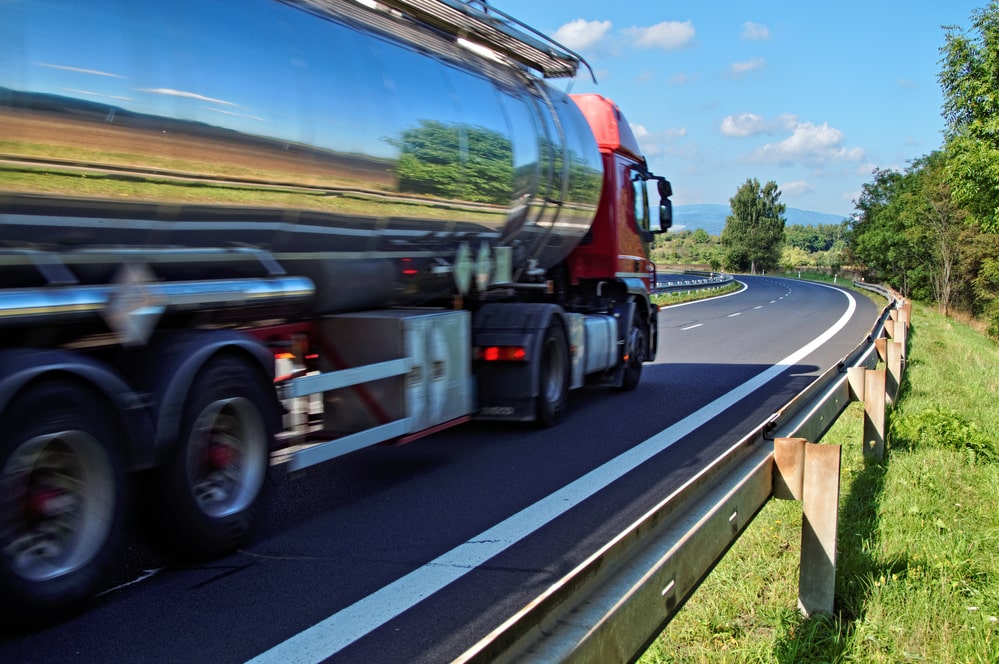BATON ROUGE PERSONAL INJURY LAWYER
Vermont Truck Accident Laws
100% Committed To Maximizing Your Recovery
Vermont Truck Accident Laws

Truck accidents in Vermont involve unique legal considerations compared to standard motor vehicle accidents. Vermont truck accident laws are designed to regulate the commercial trucking industry, protect public safety, and provide a framework for determining liability in accidents. These laws govern the conduct of trucking companies, drivers, and the maintenance of vehicles operating on Vermont’s roads.
When a truck accident occurs, determining who is responsible is a critical part of any legal case. Liability could rest with the truck driver, the trucking company, the vehicle manufacturer, or even a third-party maintenance provider. Vermont law mandates that commercial trucking operations comply with both state and federal regulations, such as those set forth by the Federal Motor Carrier Safety Administration (FMCSA). Violations of these laws can serve as evidence of negligence, which is key in a personal injury claim.
Truck Driver Regulations
Truck drivers in Vermont are subject to strict rules to help prevent accidents caused by fatigue, impaired judgment, or mechanical failure. For instance, Vermont incorporates FMCSA’s Hours of Service (HOS) regulations, which limit the amount of time drivers can spend on the road without taking mandatory breaks.Truck drivers in Vermont are subject to strict rules designed to reduce the risks of accidents caused by factors such as fatigue, impaired judgment, or mechanical failure. A key part of these regulations involves compliance with the Federal Motor Carrier Safety Administration’s (FMCSA) Hours of Service (HOS) rules, which Vermont has adopted to govern commercial trucking operations.
The HOS regulations aim to prevent driver fatigue, a leading cause of accidents involving large trucks. These rules set limits on the maximum number of hours a truck driver can operate a commercial vehicle within specific timeframes. For example, truck drivers carrying property are allowed to drive a maximum of 11 hours after 10 consecutive hours off duty. In addition, they cannot exceed 14 hours on duty in a single day, which includes both driving and non-driving work activities like loading or inspections.
To ensure adequate rest, drivers must also take a mandatory 30-minute break after 8 cumulative hours of driving if they wish to continue. For long-haul operations, the regulations cap weekly driving limits at 60 hours over 7 consecutive days or 70 hours over 8 consecutive days. Drivers must take at least 34 consecutive hours off-duty to reset their weekly limits, known as the “34-hour restart” rule.
Drivers must also hold a valid Commercial Driver’s License (CDL) and meet specific physical health requirements to operate large vehicles.
These requirements aim to minimize risks on the road, but unfortunately, noncompliance can still lead to accidents. In legal cases, proving that a driver exceeded allowed driving hours, falsified logbooks, or otherwise violated these regulations can support a claim for damages.
Trucking Company Responsibilities
Trucking companies in Vermont bear significant responsibilities to ensure the safety of their vehicles and drivers. They are required to regularly inspect and maintain their fleets to comply with both state and federal safety standards. Failure to do so can result in mechanical issues that cause accidents. Additionally, companies must vet their drivers thoroughly, conducting background checks and confirming their qualifications.
If a trucking company fails in these duties, they may be held liable for an accident. For example, if a company knowingly allows an unqualified or improperly trained driver to operate a commercial vehicle, this negligence can significantly affect the outcome of a case under Vermont truck accident laws.
Filing Claims Under Vermont Truck Accident Laws
Under Vermont law, individuals injured in truck accidents may pursue compensation for medical expenses, lost wages, property damage, and pain and suffering. To file a claim, it is essential to identify all liable parties and gather evidence such as police reports, witness statements, and vehicle maintenance records. Vermont operates under a comparative negligence rule, meaning that an injured party can recover damages even if they are partially at fault, though their compensation will be reduced by their percentage of fault.
Vermont also imposes time limits on filing claims. Most truck accident cases fall under the state’s three-year statute of limitations for personal injury claims. Acting promptly is crucial, as evidence can deteriorate over time, and witnesses may become harder to locate.
How We Can Help
Truck accidents can be devastating, and pursuing legal action under Vermont truck accident laws can feel overwhelming. At Truck Law, we are committed to providing the legal guidance and support you need to seek fair compensation. Our experienced team works diligently to build strong cases, ensuring all responsible parties are held accountable.
If you or a loved one has been injured in a truck accident, contact us today for a consultation. Let’s work together to get you the compensation you deserve.